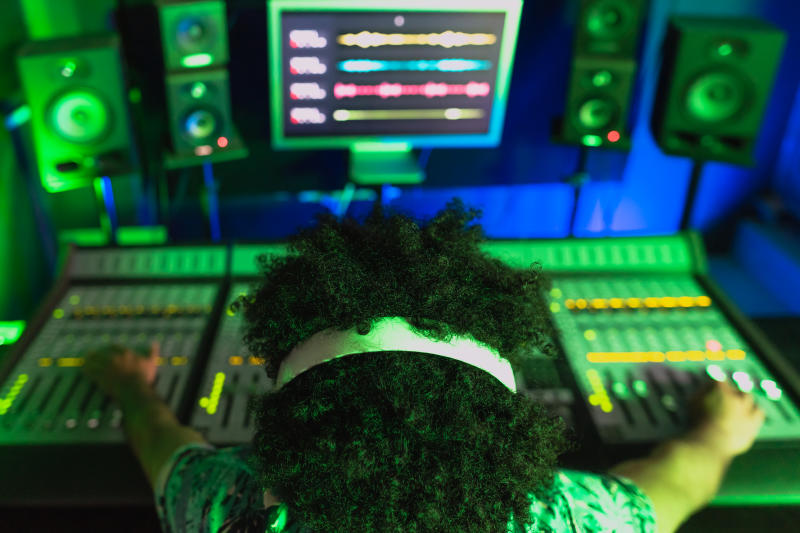×
The Standard e-Paper
Join Thousands Daily

“Does it mean I should also copyright my nickname,” Nderitu Daniel asks during a raging discussion on piracy and copyright.
“No. You cannot register a copyright for a name,” says Cyrus Kinyungu, the Kenya Copyright Board (Kecobo) head of communications, who happens to be the moderator of the discussion.